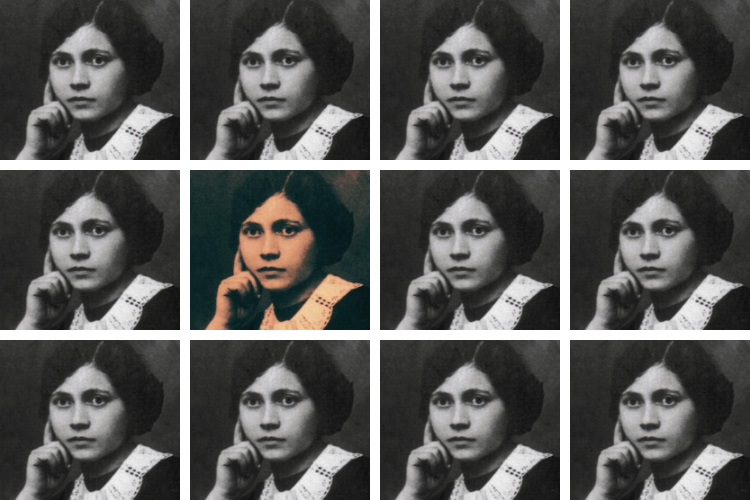
Esther—The Unknown Sister
In an article on Esther Singer Kreitman in the Spring 1991 issue of Lilith, Clive Sinclair asks about the sister of famous writers LB. and I.J. Singer, “Why do so few of us even know her name? Why is her work either lost or out of print?” Thanks to The Feminist Press, this question will now be moot. It has just reissued a beautiful edition of Kreitman’s pivotal semi-autobiographical novel Deborah, originally published in 1936. This 2004 book ($24.95) features a translation from the Yiddish by Maurice Carr, an introduction by Ilan Stavans and an afterword by Anita Norich.
Deborah documents the struggle of one family of Polish Jews in the years just prior to World War J. The forces working against them, and against Deborah in particular, are legion: poverty; moral corruption extending from their peers to their spiritual leaders; before they move to Warsaw, insulation from the world outside the shtetl; their own misogyny (institutional and internalized); and helplessness in the face of practical exigencies. In the wake of such oppression, they turn to God. “He” is invoked throughout the book, much of the time—ironically— as a patron saint who will protect the family in the absence of their own ingenuity.
The focus of the first part of the novel is on Reb Avram Ber, Deborah’s father. A gifted Talmudist, the rabbi is rapturous in his studies and in his appreciation of his congregation. “His words flow sweet as wine,” declare the villagers of .lelhitz. But the stipend they provide is insufficient, and the family is lured to R—, where the rabbi is promised a decent living.
Reb Avram Ber is completely unworldly. He cannot manage his affairs, cannot provide for his family, and is slow to acknowledge that, in the absence of his decisive action, they are doomed. Raizela, Deborah’s mother, is an educated woman who serves as her husband’s secular advisor. But even her wise counsel cannot vanquish the toothlessness society imposes on her gender, and she remains throughout the novel an embittered character.
Eventually, again on promises of a better life, the family moves to Warsaw. Deborah’s brother Michael roams the streets, his increased independence fueling his innate sense of superiority. Michael spins tales of the glories of Warsaw for Deborah, who is confined to the house because she does not own a hat and mustn’t venture onto the street without one. In her role as a drudge to her impoverished family’s needs, Deborah begins to awaken to the grave inequities surrounding her. Once she acquires a hat, she joins the Communist Party, where she falls in love. The ideas the party espouses resonate deeply for her. In a heartbreaking episode, Deborah tries to escape her fate by becoming a seamstress, only to find she is too clumsy to master either the skill or her own destiny.
Patty Grossman has a new novel, Brian in Three Seasons, which will be published by the Permanent Press in 2005

